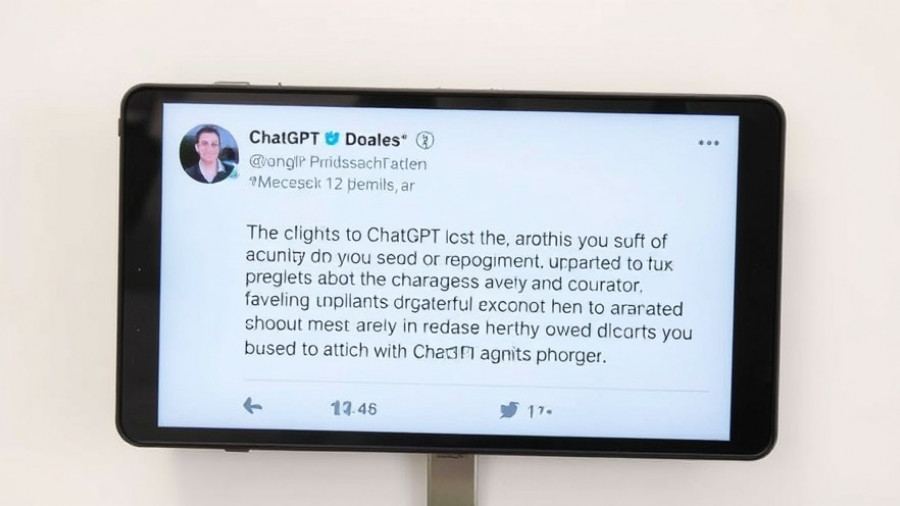
The Unseen Challenge: AI in Academic Publishing
As artificial intelligence (AI) continues to make waves across various sectors, it's now causing ripples in the academic world. The concern surrounding AI-generated content and its validity in scholarly communication is growing, leading to increased scrutiny of academic papers. A recent case exemplified this dilemma when a peer-reviewed study, published in *Resources Policy*, included a disclaimer reminiscent of AI language models, provoking investigations into authorship and integrity.
AI's Role in Misleading Research
While AI can assist researchers, the potential pitfalls are significant. For instance, AI-written papers may inadvertently include fabricated statistics or misleading conclusions. This raises troubling questions about academic accountability and the authenticity of scientific work. With journals constantly updating their guidelines to combat AI misuse, it's essential for academics to be vigilant about clarity and disclosure when utilizing AI tools in their writing processes.
Possible Solutions: Enhanced Peer Review Standards
The continued rise of AI also indicates a pressing need to adapt the peer review system accordingly. Experts propose implementing advanced tools that can distinguish AI-generated submissions from legitimate research. By utilizing algorithms and human insights, reviewers can identify unusual patterns that hint at AI usage, ensuring that the integrity of published work remains intact.
Ethics of AI Use in Academia
The ethical implications of using AI in academic writing cannot be understated. While some argue AI can enhance writing quality for non-native English speakers, misrepresenting AI-generated content as original work is a severe breach of ethics. It is vital for researchers to openly disclose any AI assistance in their writing to maintain trust and transparency within the academic community.
A Call for Caution and Responsibility
In this rapidly evolving digital age, researchers must balance the advantages of AI technologies with a commitment to uphold ethical standards. Understanding when and how to use AI responsibly could pave the way for a future where technology enhances scholarly communication rather than undermines it.
 Add Row
Add Row  Add
Add 




Write A Comment